When there was a worldwide increase in infection and a country like China successfully demonstrated lockdown as an effective measure to contain COVID 19 and many countries like Nepal and India mimicked the same, the Japanese government chose to only impose a state of emergency under the New Influenza Special Measure Act. The action was a surprise for many foreign observers. Even the state of emergency imposed on April 7, 2020, was not mandatory as it authorizes the prefectural government only to “request” social distancing measures rather than “imposing” social distancing. The action meant that there were no penalties for the violation as the government could only request strongly but could not order them to stay inside. Hence, unlike other countries, this action was an exception to the globally accepted lockdown effectiveness and the puzzle among foreign observers.
Why did Japanese pandemic law not provide mandatory power? Is the Japanese constitution lagging the ability to do so? Is the Japanese constitution different in control during an emergency from other countries’ constitutions like Nepal? If yes, how is it so? To analyze all these questions, it is worth discussing and comparing the formation, adoption, and structure of the Japanese constitution and comparing it with Nepal’s constitution.Constitution of Nepal 2015 (Nepalko Sambidhan) is the present governing Constitution of Nepal, the youngest federalized country of the world, which came into effect on Sept 20, 2015, replacing the Interim Constitution of 2007. The Second Constituent Assembly has drafted it. As stated in its preamble, the constitution’s main objective is to internalize the people’s sovereign right and right to autonomy and self-rule to end all forms of discrimination and oppression created by the feudalistic, autocratic, centralized, unitary system of governance. The formation of the governing constitution is guided by the glorious history of historic people’s movements, armed conflict, dedication, and sacrifice undertaken by the Nepalese people. It is committed to socialism based on democratic norms and values.
The Constitution of Japan (Nihon Koku Kenpou) is Japan’s constitution and the state’s supreme law. It replaced the Meiji Constitution that was abolished in 1946 following the Potsdam Declaration. The Potsdam Declaration, or the Proclamation Defining Terms for Japanese Surrender, was a statement that called for the surrender of all Japanese armed forces during World War II and also called as gifted constitution by constitution scholar. At the same time, some school of thought believes it was merely an imposition by the US after the loss of the war. On July 26, 1945, United States President Harry S. Truman, United Kingdom Prime Minister Winston Churchill, and President of China Chiang Kai-shek issued the document, which outlined the terms of surrender for the Empire of Japan, as agreed upon at the Potsdam Conference. The ultimatum stated that it would face “prompt and utter destruction if Japan did not surrender.” It was enacted on 3 May 1947 as a new constitution for a post-war Japan.
Hence, due to its formation process, its preamble promises not to indulge in war and maintain friendly relations with all countries to achieve prosperity. The Kenpou has a guiding principle of achieving prosperity by refraining from war and peace with all countries. Similar to the Nepalese constitution, government authority cascades from its people and people represented by the represented government. The definition of nation in the Japanese constitution is unique because it has defined a nation as not a stand-alone unit but defined by universal political morality featured with peaceful international relations.
Further, while the Nepalese constitution has provisioned the president through election as head of state for the protection of the constitution and promotion of national unity, the Japanese constitution has provisioned the Emperor as a symbol of the state and the unity of the People, deriving his position from the will of the people. The sovereign power, though, totally remains within the Japanese people. All acts of the Emperor are limited by the advice and approval of the Cabinet in matters of state, and the Cabinet has been made responsible therefor.
Regarding citizenship, while the Nepalese constitution has detailed provisions in addition to the delegation to act, the Japanese constitution has remained silent and delegated such power totally to be determined by law.
On the fundamental right, the Japanese constitution is unique since it has defined the fundamental right as “eternal and inviolate rights.” No conditionality has been attached to sanction of the fundamental right, and fundamental right cannot be sanctioned in any situation Nepalese constitution. Nepalese constitution has attached several relevant conditionalities on sovereignty, ethnic violence, national security, emergency conditions, etc.
Similar to the Nepalese constitution, which has 31 fundamental rights, 28 fundamental rights are included in the Japanese constitution, more or less similar. However, there is some individual fundamental right that the people can have the inalienable right to choose their public officials and dismiss them and has mentioned that all public officials are servants of the whole community and not of any group thereof. This provision restores public officials’ accountability world-class and is well reflected in world-class Japanese civil service and public posts. Also, the Japaneserightstitution has mentioned unique rights related to Marriage that Marriage shall be based only on both sexes’ mutual consent. It shall be maintained through cooperation with the equal rights of husband and wife as a basis. On these two frontiers, the Japanese constitution is unique.
Regarding political and administrative structure, though the Japanese constitution has not envisaged the federal system like the Nepalese constitution, it had recognized the local self-governance under separate chapter VIII to adopt decentralization even so early in 1946 when most of the country was more centralized. The level and delegation of power to the subnational government though qualitatively can be considered lower than Nepal, the level of decentralization much sophisticated than nay federalized country, as shown by the level of expenditure and revenue-raising capacity subnational government.
Public finance is given a separate chapter in the Japanese constitution, similar to the Nepalese constitution though relatively very brief. Similar to the Nepalese constitution’s authority, the authority to mobilize the public finance and reserve fund is restored to Diet, the supreme law-making body. In contrast to the Nepalese constitution, the only constitutional body mentioned in the Japanese constitution is the Board of Audit to audit the final account.
Besides these, the primary three government organs, similar to Nepal and Diet, are called the highest state power organs and have been considered the state’s sole law-making organ-like legislature in Nepal. Further, the other provision is similar, such as the amendment of the constitution can be done through a concurring vote of two-thirds or more of each House’s members. Finally, on the mechanical ground, Japan’s constitution is briefer than the Nepalese constitution as it has only XI chapters and 103 articles and consists of only 17 pages.
Hence, with these discussions, we revert to the initial question of whether the Japanese constitution lacks provision to lack authority to enforce a lockdown. Then, the answer is no. According to Article 41 of the Constitution, Diet has sufficient power to take aggressive action against the coronavirus and other public health threats. Issuance of mandatory orders to evacuate the zone within 20 km of the power plant during the nuclear plant meltdown of 2011 is the best example that occurred in the past. However, it would not be incorrect to say that such extreme limitation was a limitation on constitutionally guaranteed rights like freedom of movement, public assembly, and others, as some civil libertarians may argue.
Nevertheless, at the same time, there is a school of thought that those rights must be balanced against other constitutional provisions, especially Article 13, which stipulates that the “public welfare” is the highest consideration of all law and government action, explains constitutional scholars like professor Hajime Yamamoto of Keio University. Undoubtedly, reasonable restrictions as such to limit the spread of the coronavirus pass constitutional muster. Hence, why did the Abe administration, which holds comfortable supermajorities in each House of the Diet, did not exercise mandatory lockdown.
There have been several possible explanations, though not perfect, as Japan times mentioned. First, the discipline of Japanese people, which did not require any stringent order from the government. Jishuku (self-regulation) works in Japan. Second, such orders were considered unnecessary because of the extremely high hygiene standard in Japanese people’s lifestyles. Third, a mandatory shutdown could have been anathema to the big business organizations that provide the bedrock of political support for the ruling Liberal Democratic Party. However, as mentioned before, those explanations provide only partial answers, and reasons were also political than just the legal.
Despite all these facts, Japan has successfully been able to fight with the situation to lower the peak of infection even with a gentle approach that Other countries like Nepal, Brazil, and India are struggling even with the strict lockdown. Though Japan’s COVID success is called a mystery, it cannot be denied that the support of citizens, political leadership, and its culture for a healthy lifestyle must have worked. Hence, this concludes to the fact that the country’s fate is not decided by the process of formation, comprehensiveness, and content of the constitution but by the successful implementation of available laws and trust between government and its people as once said by Albert Einstein – “the strength of constitution lies entirely in the determination of each citizen to defend it.”
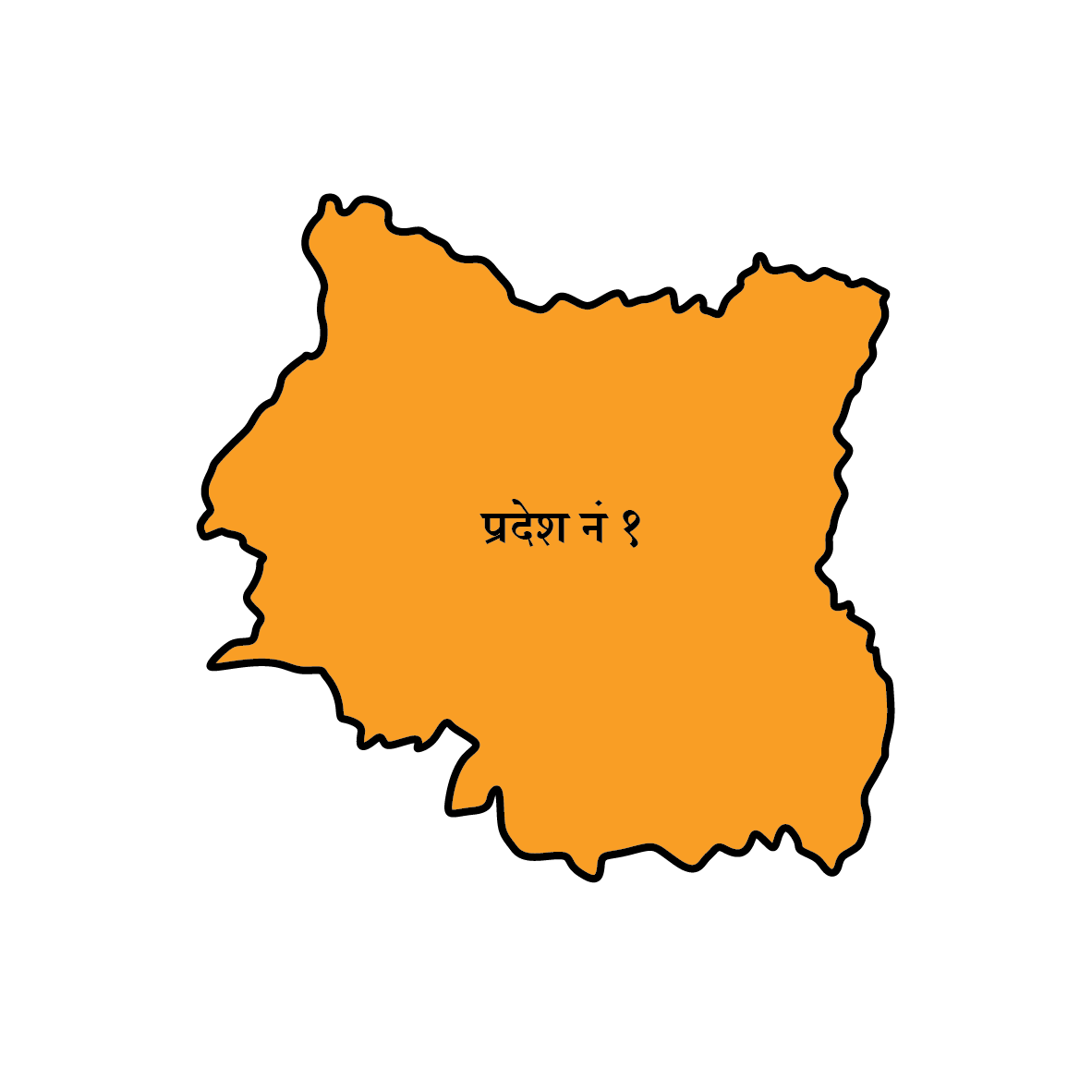 कोशी प्रदेश
कोशी प्रदेश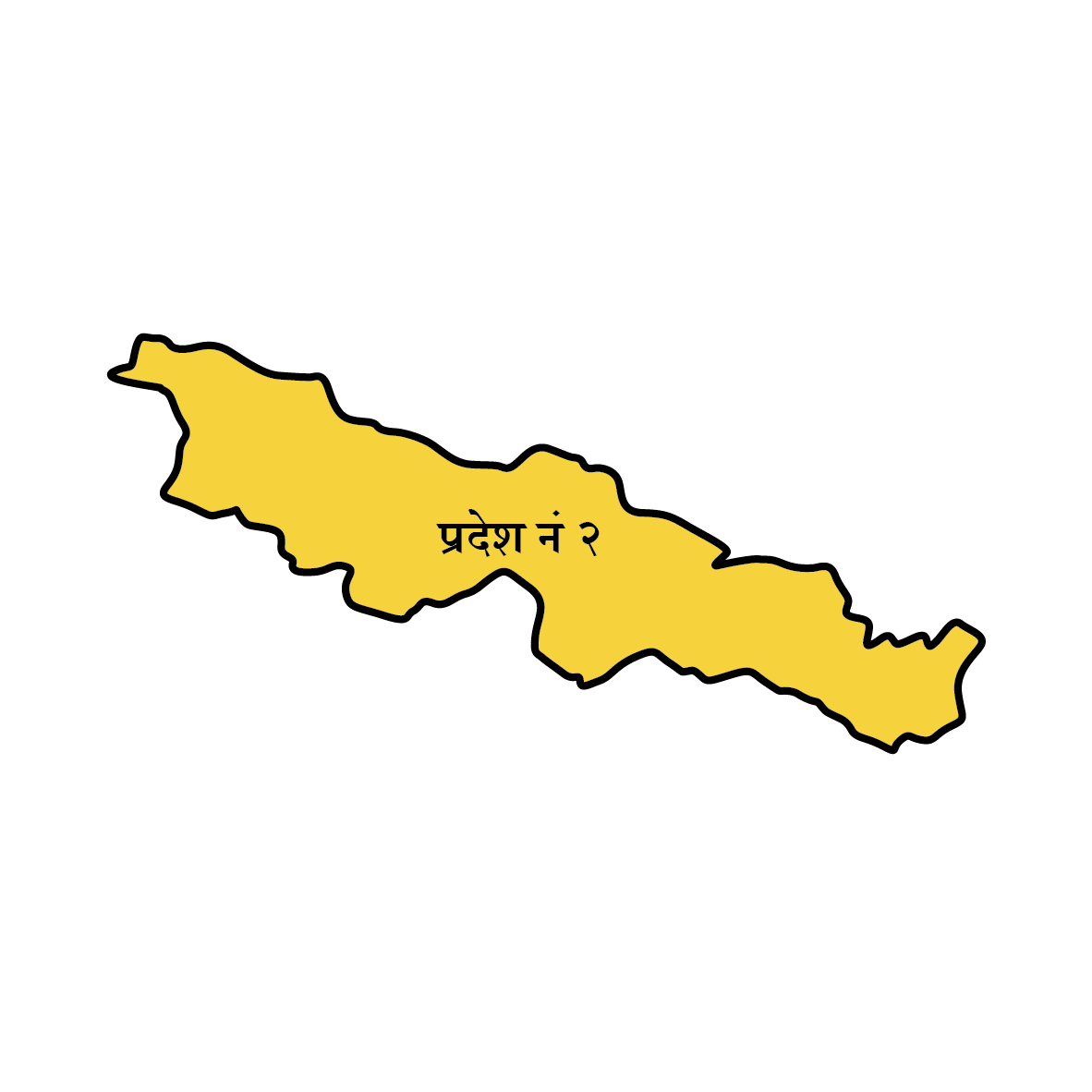 मधेश प्रदेश
मधेश प्रदेश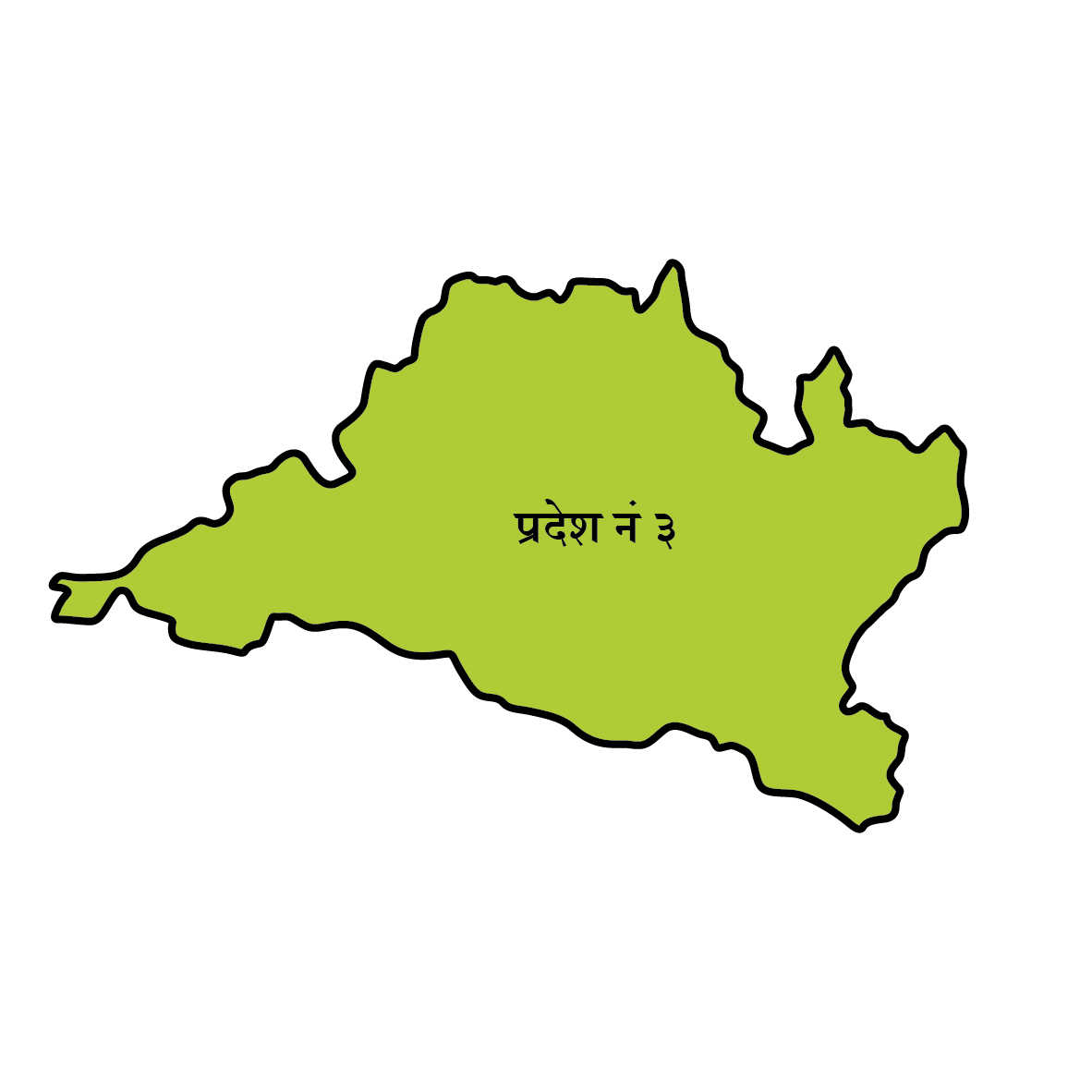 बागमती
बागमती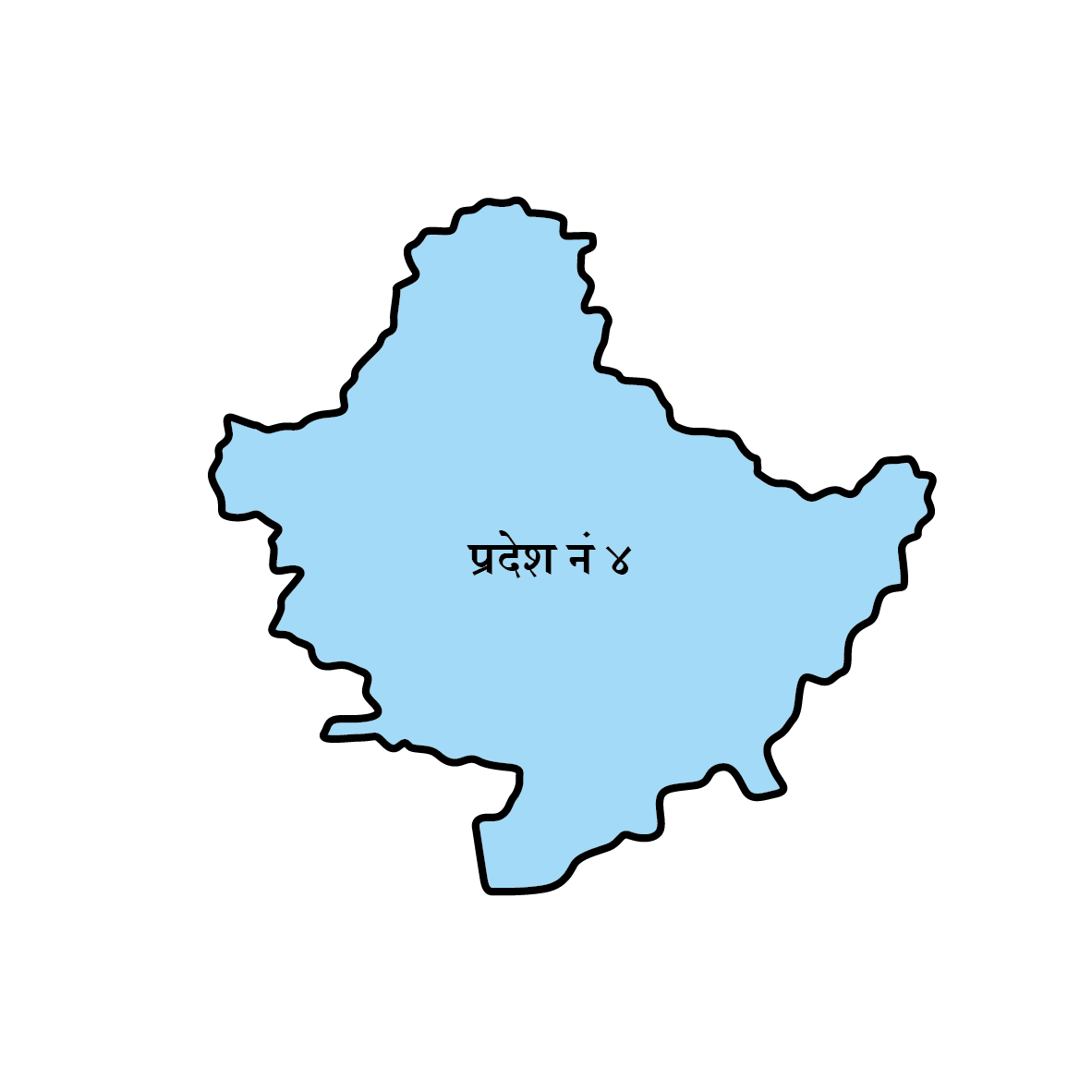 गण्डकी
गण्डकी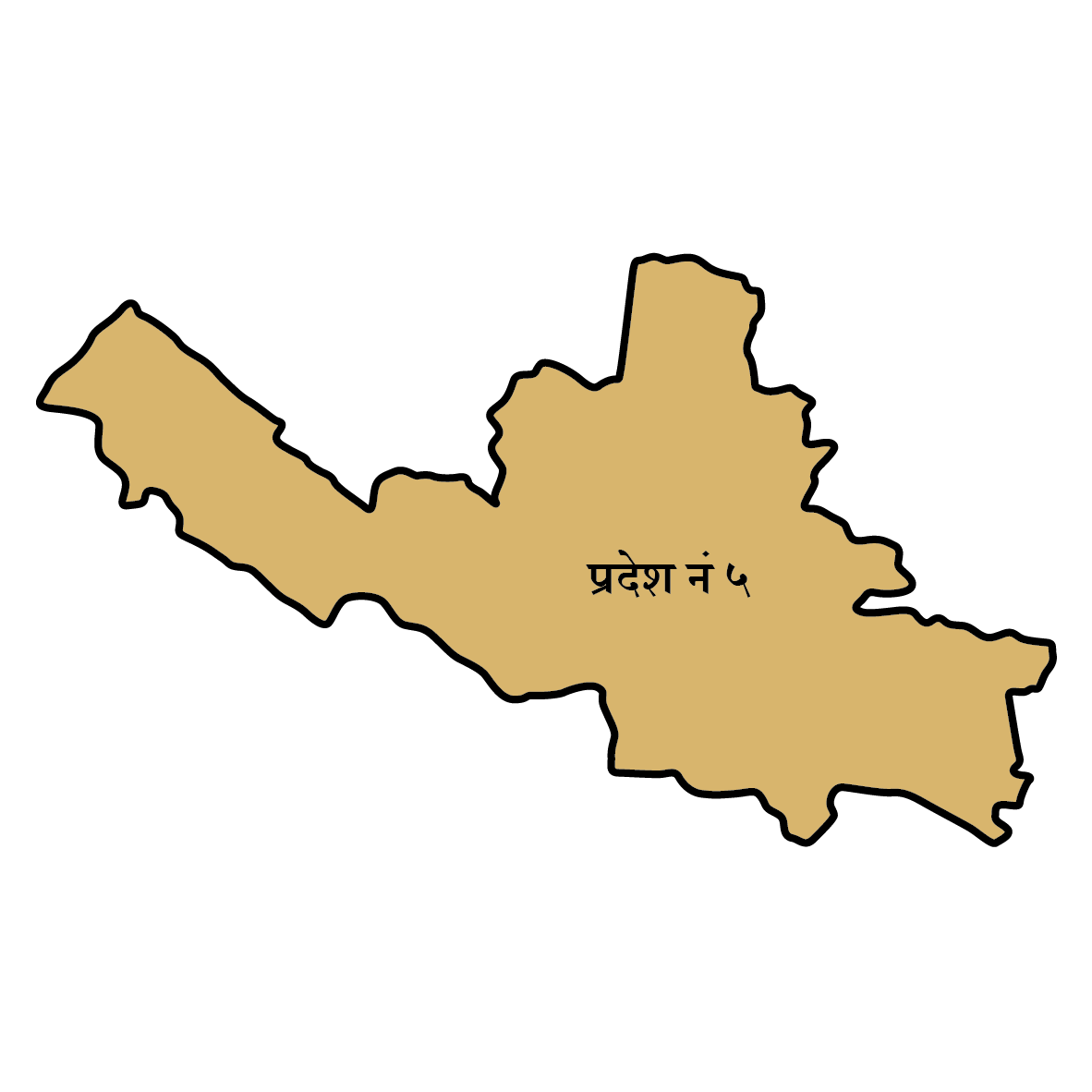 लुम्बिनी
लुम्बिनी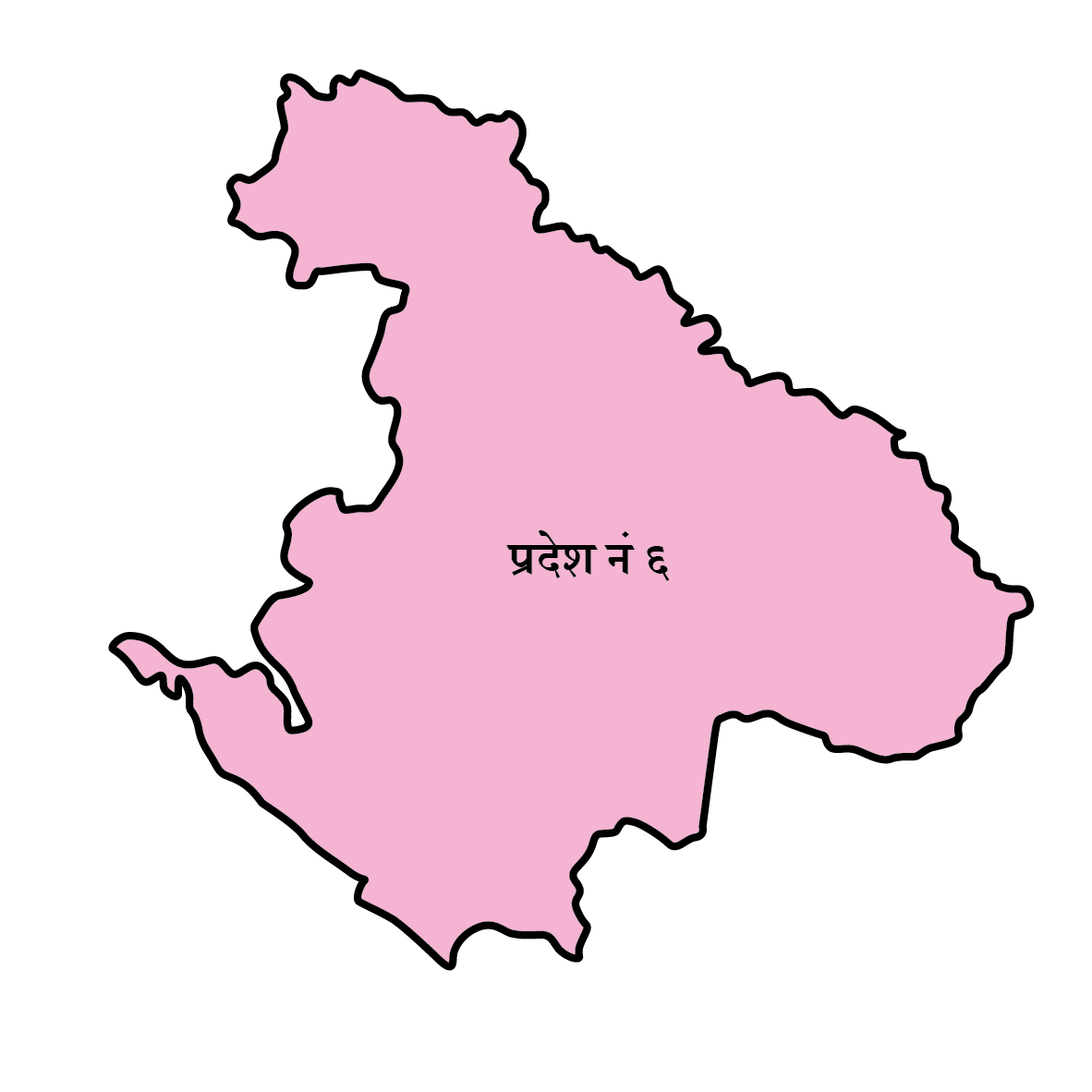 कर्णाली
कर्णाली 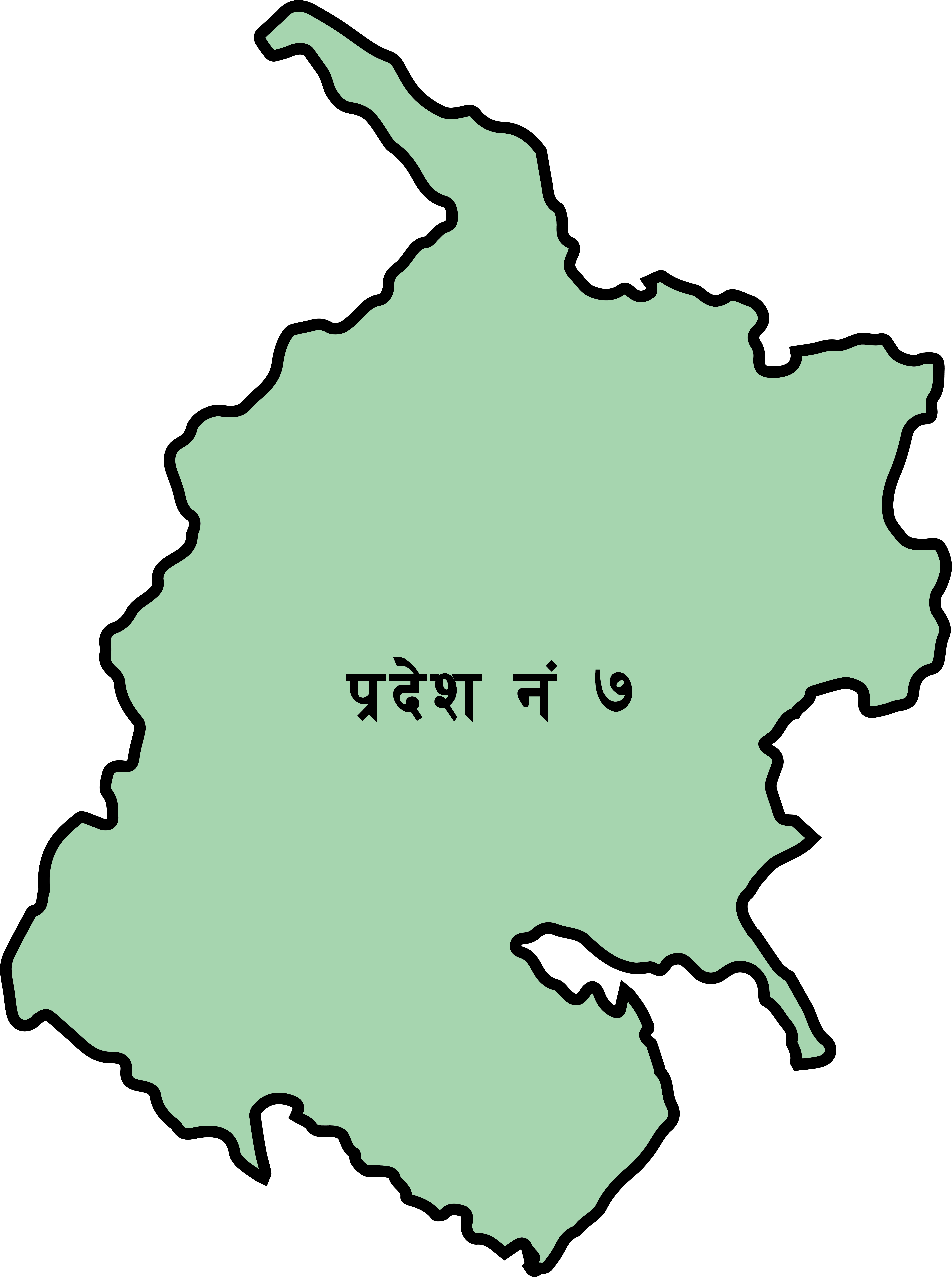 सुदूरपश्चिम
सुदूरपश्चिम
















